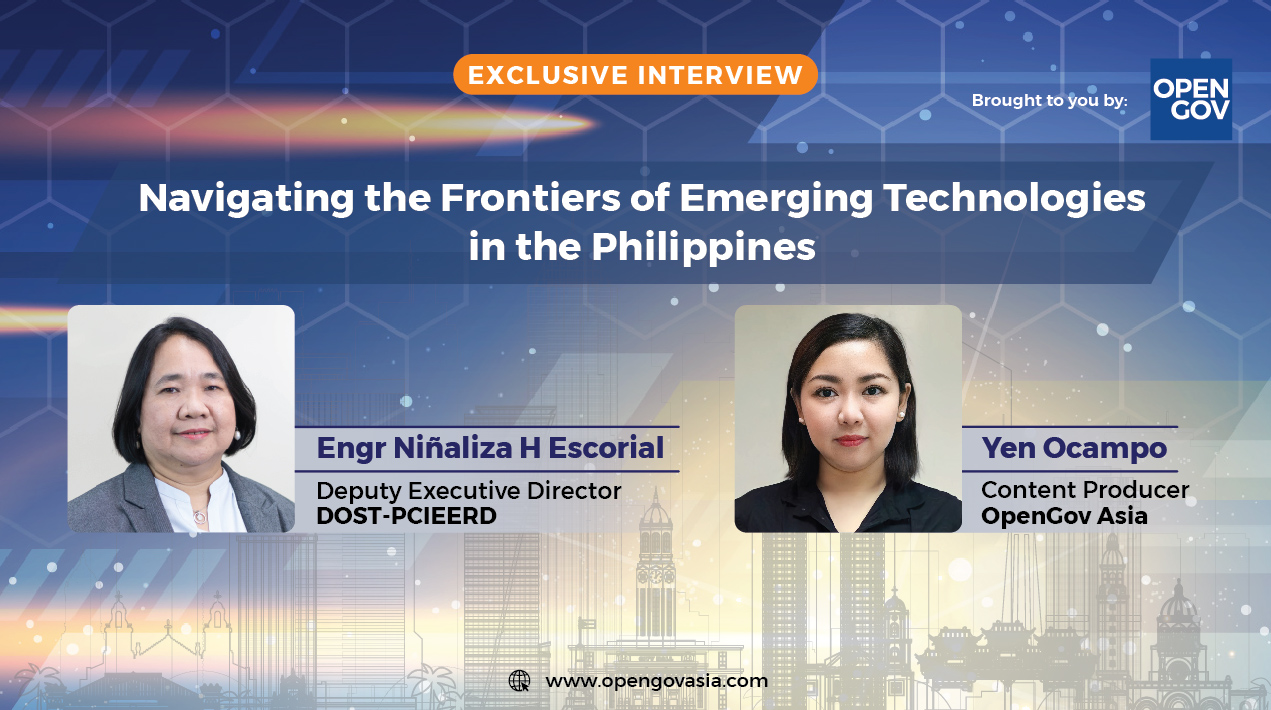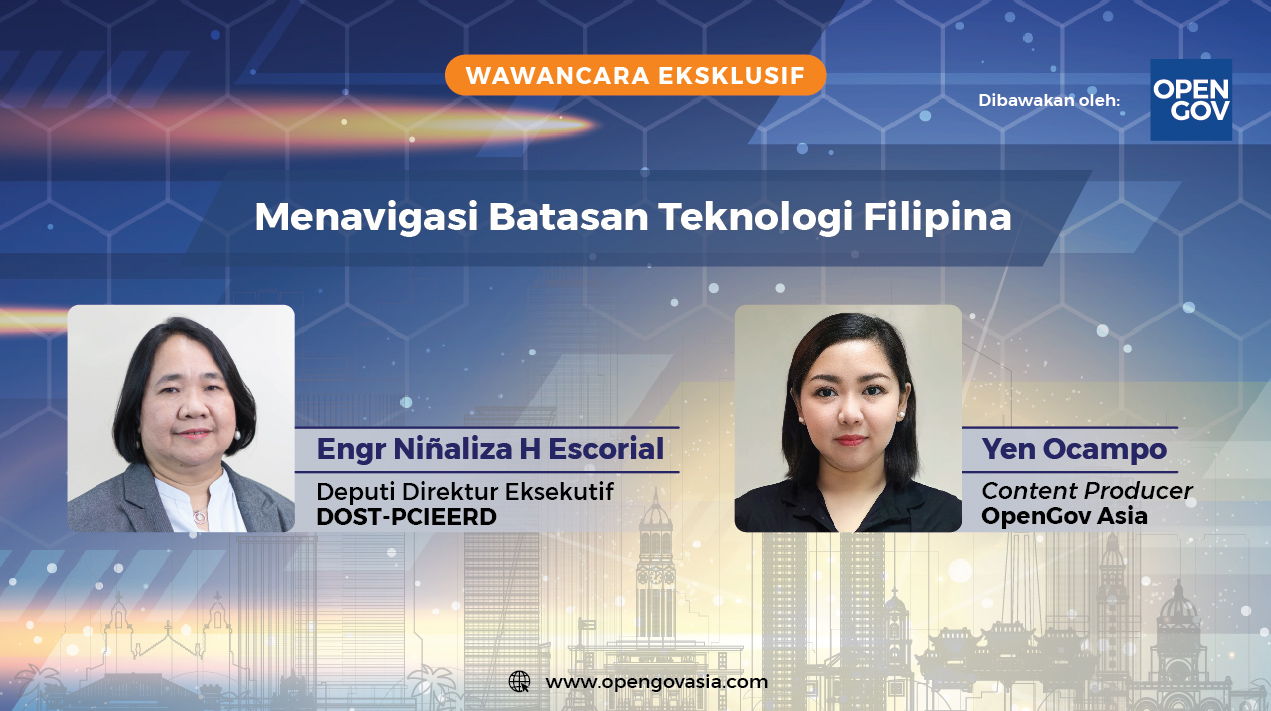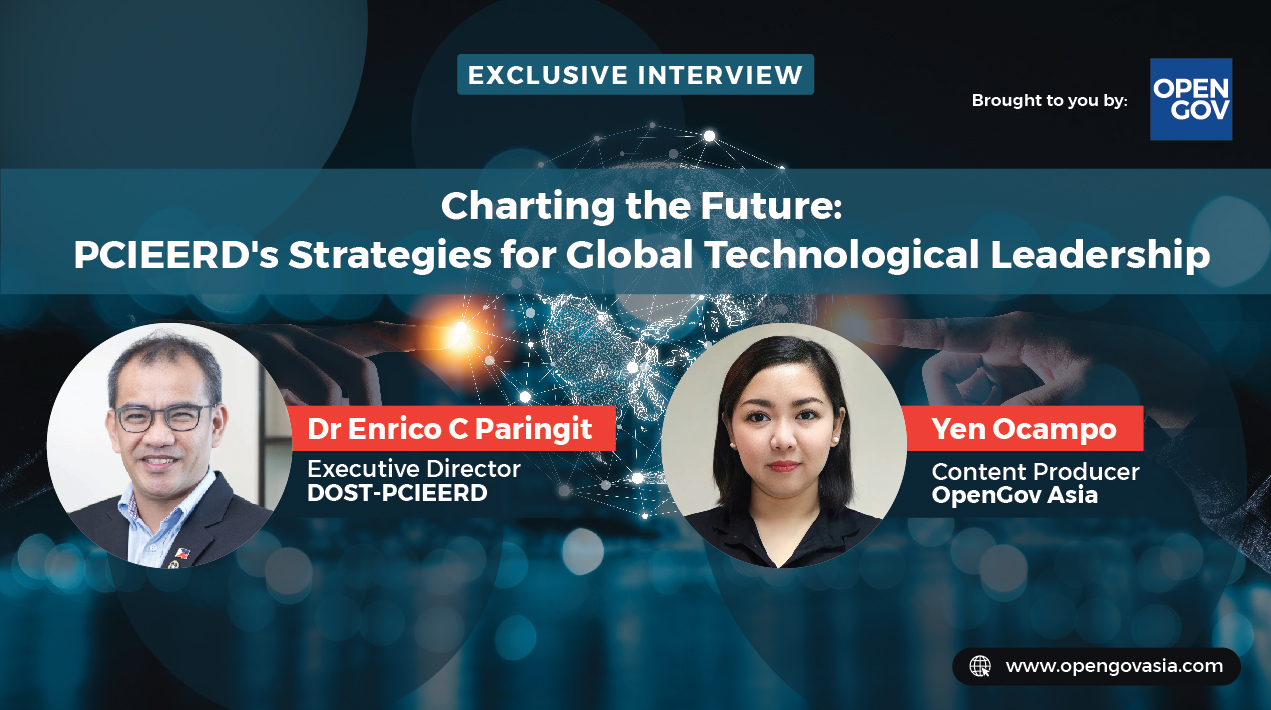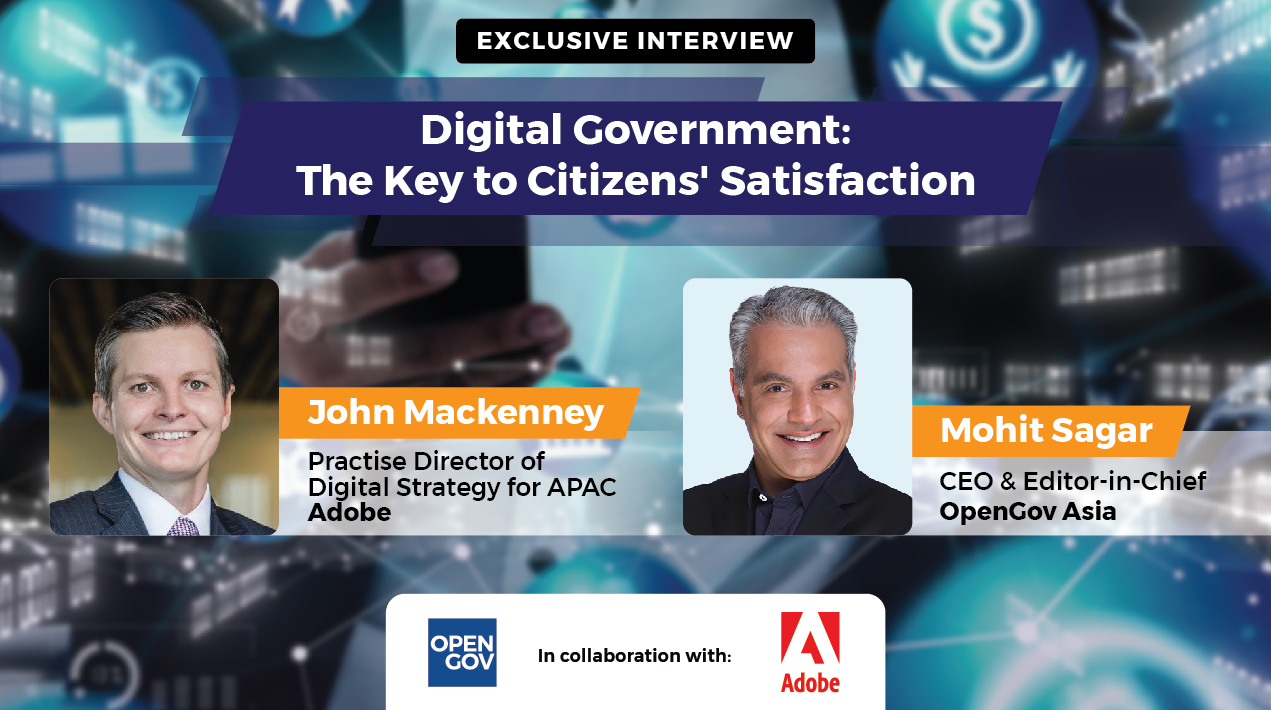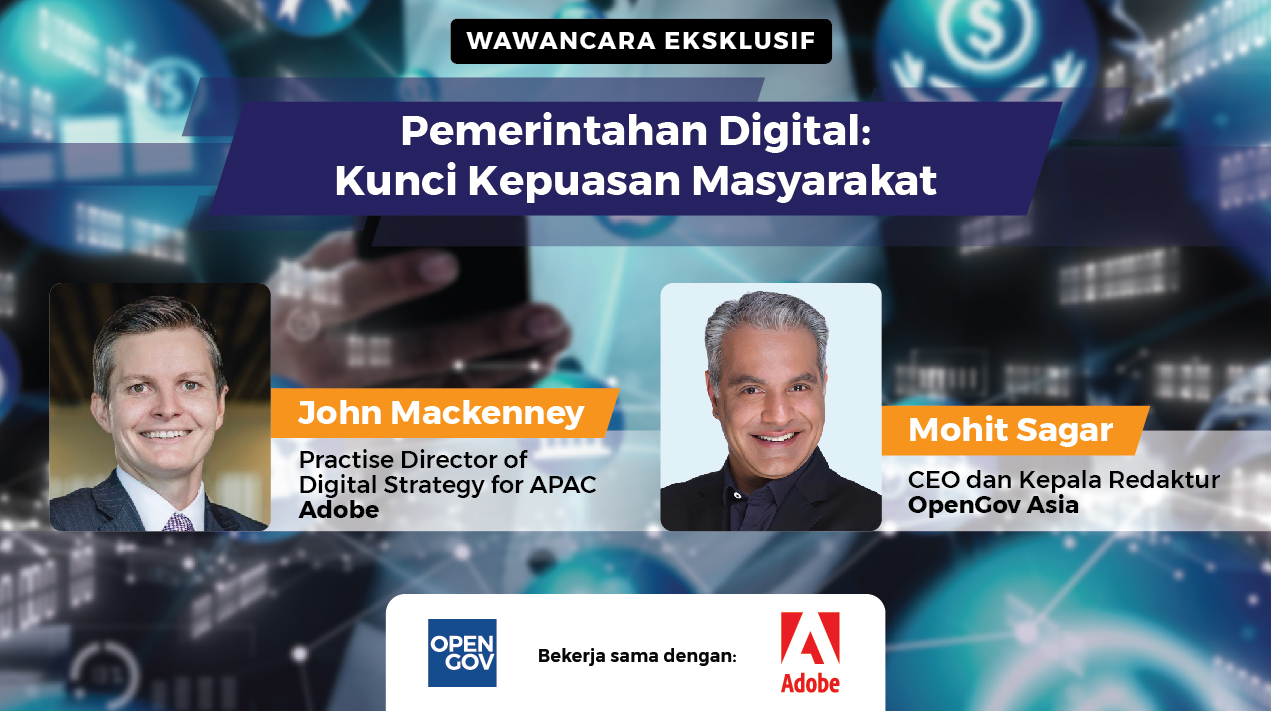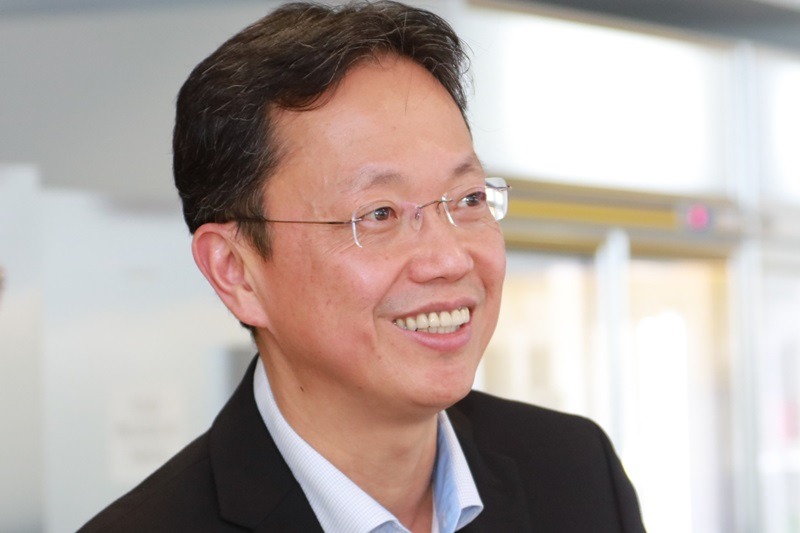
By 2020, analysts predict that there will be more data-bytes produced than there are known stars in our sky. Data has, for some time, been at the heart of decision making for businesses, but the use of data to gain insights has now reached far beyond the desktop of a market researcher. Governments now use data for city planning, budgeting and to allocate resources.
The Singapore government has been speaking plenty about Singapore’s ambition to become the world’s first Smart Nation, one that is driven by technology and the citizens themselves. Other regional and local initiatives, such as the ASEAN ICT Masterplan 2015 and Singapore’s Infocomm Media 2025, have also brought about a regional economy that is more fueled by technology than ever before. These days, non-profit organizations too are using data to raise funds, identify where help is most needed and intelligently allocate funding.
In fact, data is not just sweeping across businesses and governments. Governments need to be prepared for the rise of the citizen analyst.
Our connected lives
In Southeast Asia, we have some of the highest penetration of social network usage among Internet users in the world. In Indonesia, the most populated country in the region, 72.3 million people use social media monthly, according to eMarketer. The number is 3.1 million in Singapore. Take Facebook for example, Facebook is now a ‘companion in life’s greatest moments’ for many of us. According to a recent survey, people are using Facebook while commuting, at a café, waiting in line, before they sleep, etc. In other words, anytime, anywhere. They are uploading pictures of birthday parties, vacations, and yes, even what they are having lunch.
Facebook or social media is just one example of how everyday citizens are leading digitized lives. There are also digital photographs and videos, e-commerce, e-banking, and many more. Most likely, you are right now reading a digitized version of this article on a computer or tablet screen.
No matter what cultural backgrounds we have across the region, digital is the constant. And increasingly, I believe that more people will recognize that data is our common language.
Data for everyone
We are consuming data every day no matter if we are doing it consciously or not. We may be receiving data as information, such as in the form of weather reports, flight arrival or departure times, or election statistics.
The thing is, the time has come for citizens to see data as data. When we see and work with data, we can ask our own questions and make our own discoveries.
Singapore’s Smart Nation initiative is about liberating data, or putting data into the hands of the common citizen. The initiative will provide people with more access to real time data. According to Dr Vivian Balakrishnan, Minister for Foreign Affairs and Minister-in-charge of the Smart Nation Programme Office,this include plans to put up wider data sets and more real time data for citizens. In line with this, we have seen the government roll out data.gov.sg, Singapore’s open data portal, which has about 12,000 data sets available to the public.
This brings us to the next stage of the data revolution where more data will be available to the man in the street. It means that it is up to us to make sense of and make use of the data.
Can governments keep up?
Naturally, data skills are to be essential for everyday people, not just data scientists, but for anyone who has questions for their data. Already, schools are making data analytics part of their curriculum. More students arelearning how to code, program and use tools that allow them to work with data.
As an example, Ngee Ann Polytechnic, one of Singapore’s leading institutions of higher learning, has embedded data analytics into its curriculum for both teachers and students. Besides a business IT course that has data and analytics fully weaved into the semester’s learnings, lecturers have also started using self-service, easy-to-use, business analytics tools in their classrooms, encouraging their students to be more familiar with working with data.
Meanwhile, easy to use, self-service data analytics applications are helping people, without programming or coding skills, to easily make sense of data. They pick up the simple drag and drop style, and are now able to work with large amounts of data, visualizing it and turning it into useful visual analytics so that they can lead smarter, more data-informed lives. The implications of a region that is citizen-led are significant for governments who are searching for opportunities for deeper engagement with their constituents, and for possibly even bridging the digital divide in an ASEAN community that will become smarter over the years.
Moreover, analysts project that data-led technology trends, like Internet of Things (IoT), are going to impact our lives, from how we maintain our cars to how we monitor our health; from how we consume energy to how we stock up groceries in the refrigerator. Coupled with the technology-push from businesses and agencies in the region, this means that data is going to be a part of our lives wherever we turn, resulting in the rise of the citizen analyst. Can governments keep up?



